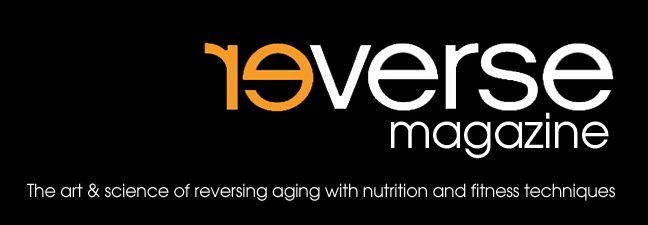
Researchers asked more than 2,100 New York City residents aged 65 and older about their dietary habits. Over the course of about four years, 253 developed

Those whose diets included the most salad dressing, nuts, fish, tomatoes, poultry, cruciferous vegetables (such as cauliflower and broccoli), dark and green leafy vegetables, and the least red meat, high-fat dairy, organ meat and butter had a 38 percent lower risk of developing

"Following this dietary pattern seems to protect from Alzheimer's disease," said senior study author Dr. Nikolaos Scarmeas, associate professor of neurology at Columbia University Medical Center in New York City. But he added that "this is an observational study, not a clinical trial," meaning that researchers cannot say with certainty that eating a certain way helps prevent the disease.
The study was published online April 12 in the Archives of Neurology, and will appear in the journal's June print issue.
While similar to the well-known Mediterranean diet, the diet that seemed to be beneficial in this study is not identical because researchers didn't want to restrict themselves to considering only one culinary tradition. The Mediterranean diet included nine food groups; this study included 30, Scarmeas said.
The foods in those 30 groups are those that impact a list of seven fatty acids and nutrients, which previous research has associated with Alzheimer's disease risk. The nutrient combination included: saturated fatty acids, monounsaturated fatty acids, omega-3 fatty acids, omega-6 fatty acids, vitamin E, vitamin B12 and folate.
"We found there was a combination of foods that affected the levels of these fats and vitamins, and by doing so, also affected the risk for getting Alzheimer's disease," Scarmeas said.
The researchers controlled for demographic factors such as age, education and ethnicity; genetic factors; smoking, body mass index and other medical conditions.
Dr. Samuel Gandy, a neurologist and cell biologist at Mount Sinai School of Medicine in New York City, said the findings are consistent with other epidemiological studies that have found that people who stick to a diet that is good for the heart also have a lower risk of Alzheimer's disease.
"Everything that increases the risk for heart disease -- high cholesterol, obesity, high blood pressure, uncontrolled diabetes -- all of these things also increase the risk for Alzheimer's," Gandy said.
The reasons for the connection are not fully understood. One possibility is that factors that impact the health of the blood vessels throughout the body may also impact the health of the blood vessels in the brain.
Doctors used to believe there were two separate causes of dementia: vascular dementia, due to blood vessel disease; and Alzheimer's disease, a neurodegenerative process. "We now know that most people with dementia have some of both," Gandy said.
Still, while eating a "heart healthy" diet is probably a good idea and certainly can't hurt, what's not clear is just how much, say, broccoli a person has to eat to see benefits, Gandy added.
As for other lifestyle habits that can lower risk of Alzheimer's, exercise is the only intervention that has been demonstrated to be beneficial in randomized clinical trials, Gandy said.
A second study in the April issue of the same journal found that people with Alzheimer's disease lose lean mass as the disease progresses. Lean mass includes weight from the bones, muscles and organs.
People with Alzheimer's often lose weight unintentionally. The weight loss often begins prior to noticeable memory loss, according to background information in the article.
Researchers from the University of Kansas School of Medicine in Kansas City, assessed the body composition in 70 people aged 60 and older with early-stage Alzheimer's disease and 70 without the disease. Participants also had their brains scanned using MRI and neuropsychological testing.
Those with Alzheimer's disease had less lean mass, as well as decreases in the volume of the brain and white matter.
"Our data are consistent with other studies suggesting that brain pathology may contribute to decline in body composition, perhaps by disrupting central nervous system regulation of energy metabolism and food intake," the study authors wrote.
More information
The Alzheimer's Association has more on diet and dementia.














